>Get Kosher Certified
What is certified kosher? STAR-K Kosher Food Certification is a guarantee that food products and ingredients meet all kosher requirements. This kosher certificate also authorizes the manufacturer to display the STAR-K emblem on the product to advertise its kosher status.
The procedure for acquiring kosher certification is relatively simple. Upon receipt of your application, a representative of STAR-K will evaluate your company’s ingredients and products. Then a contract will be drafted, detailing all the requirements and obligations of both parties. All kosher requirements, as well as a list of all your ingredients and products, will be enumerated. Furthermore, the contract will outline the correct emblem authorized for each product indicating each product’s Kosher status. A signed contract guarantees that regular visits will be made periodically by a Rabbinic field representative of the STAR-K. The purpose of the Rabbi’s visit is […]

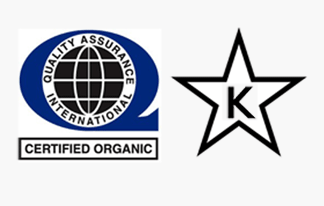

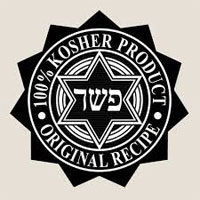
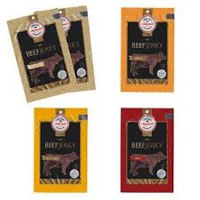

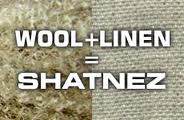


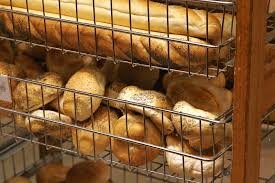
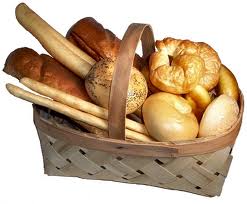










 STAR-D
STAR-D STAR-S
STAR-S